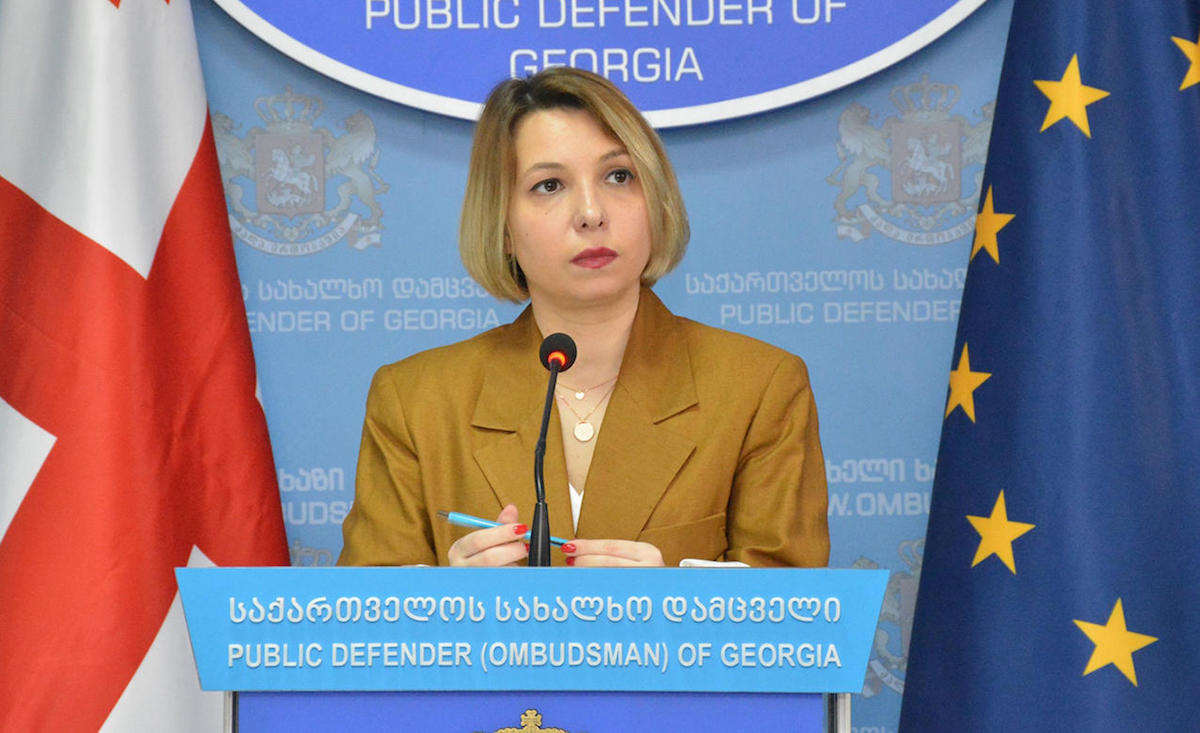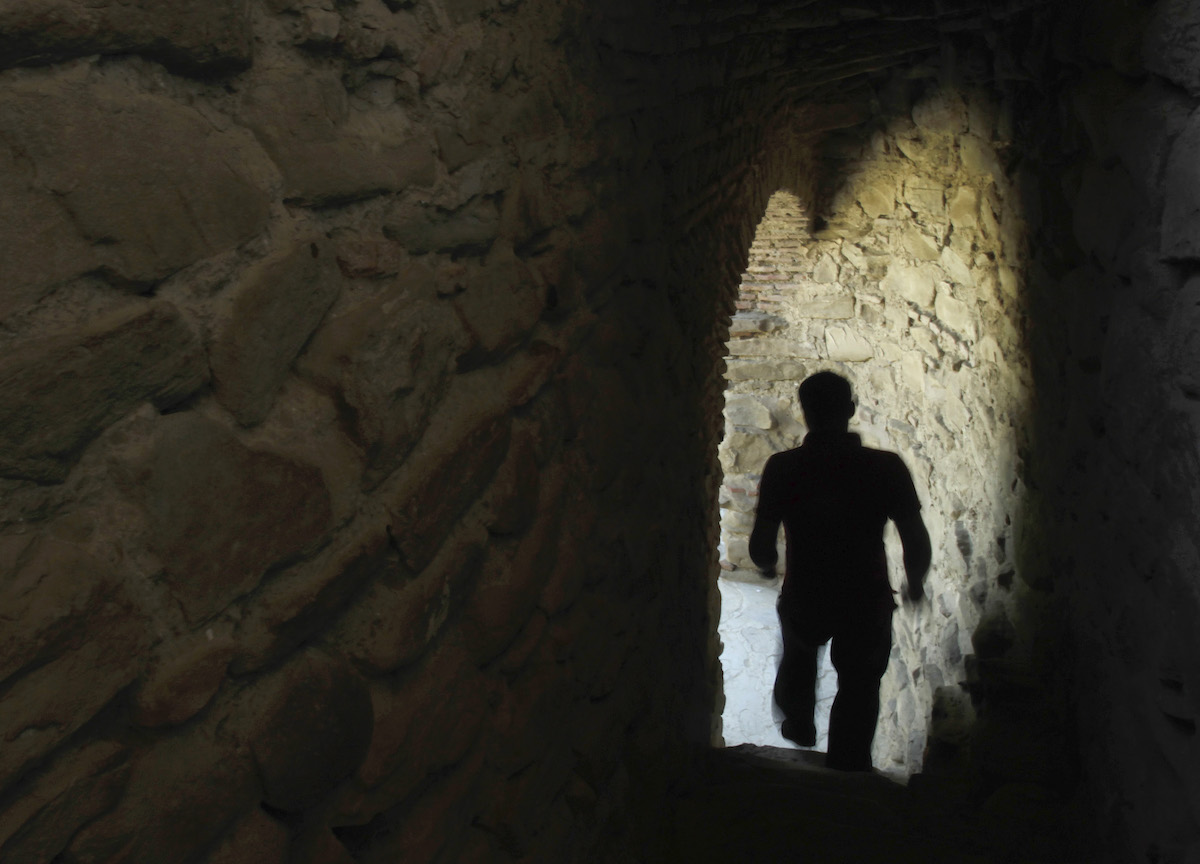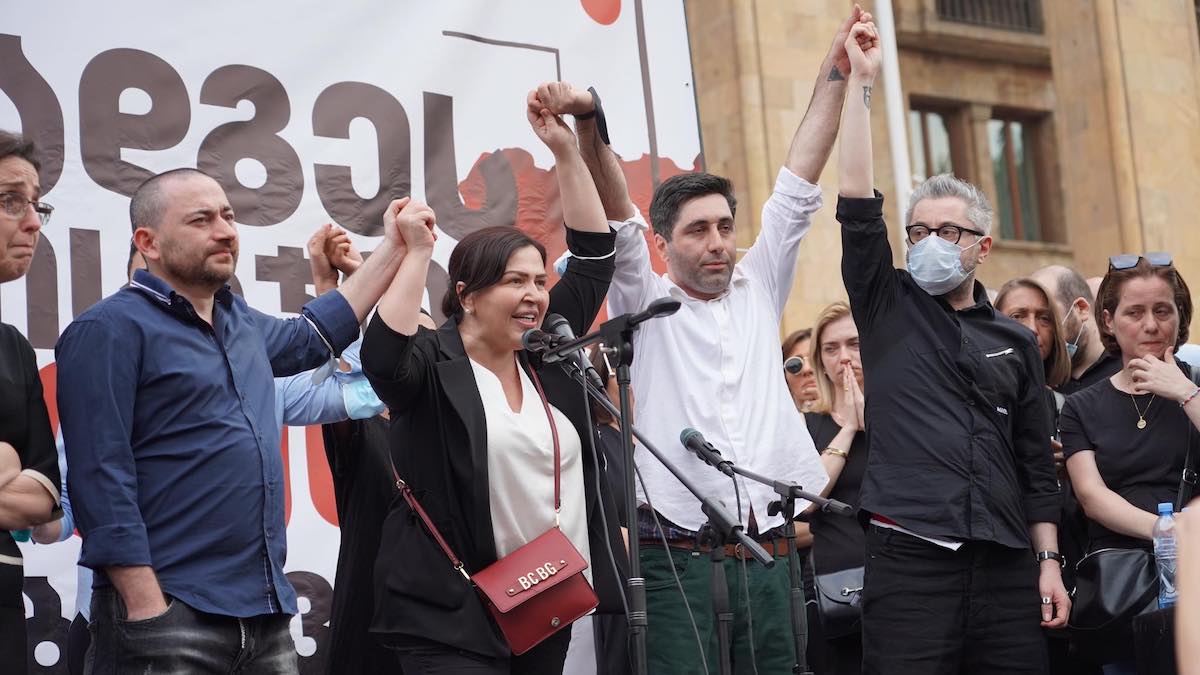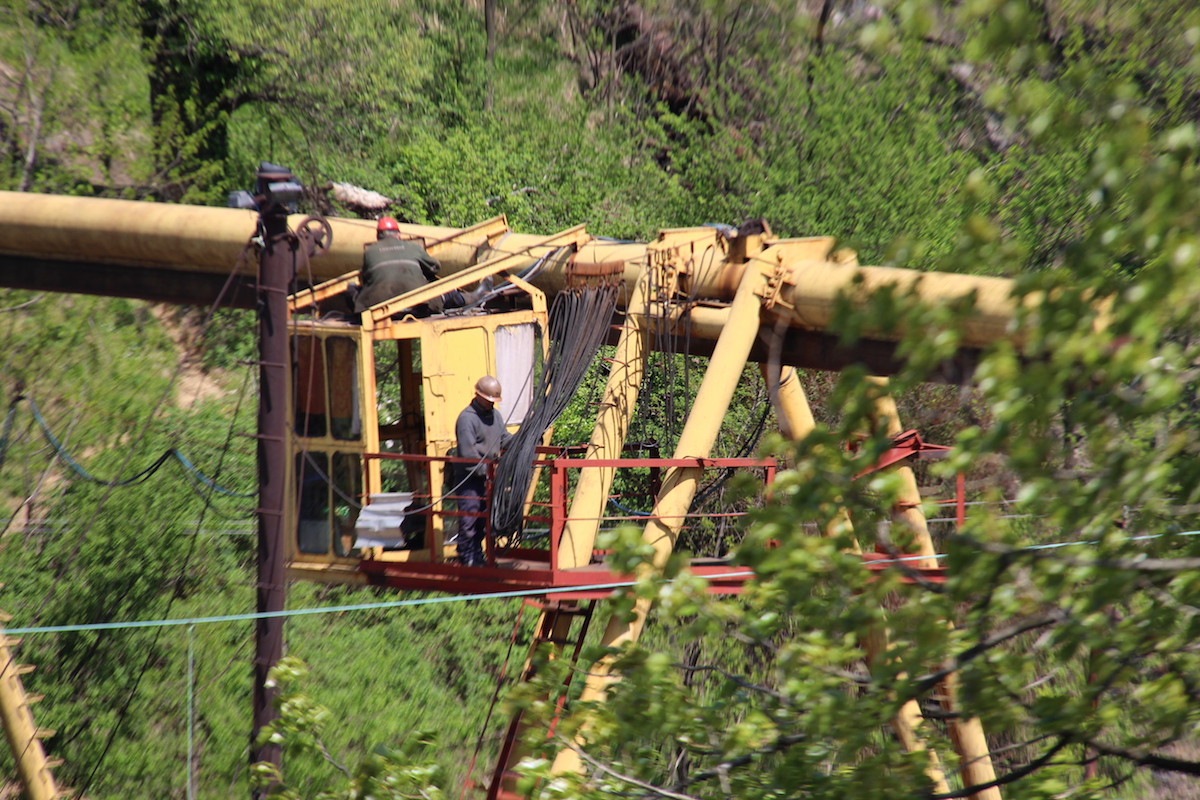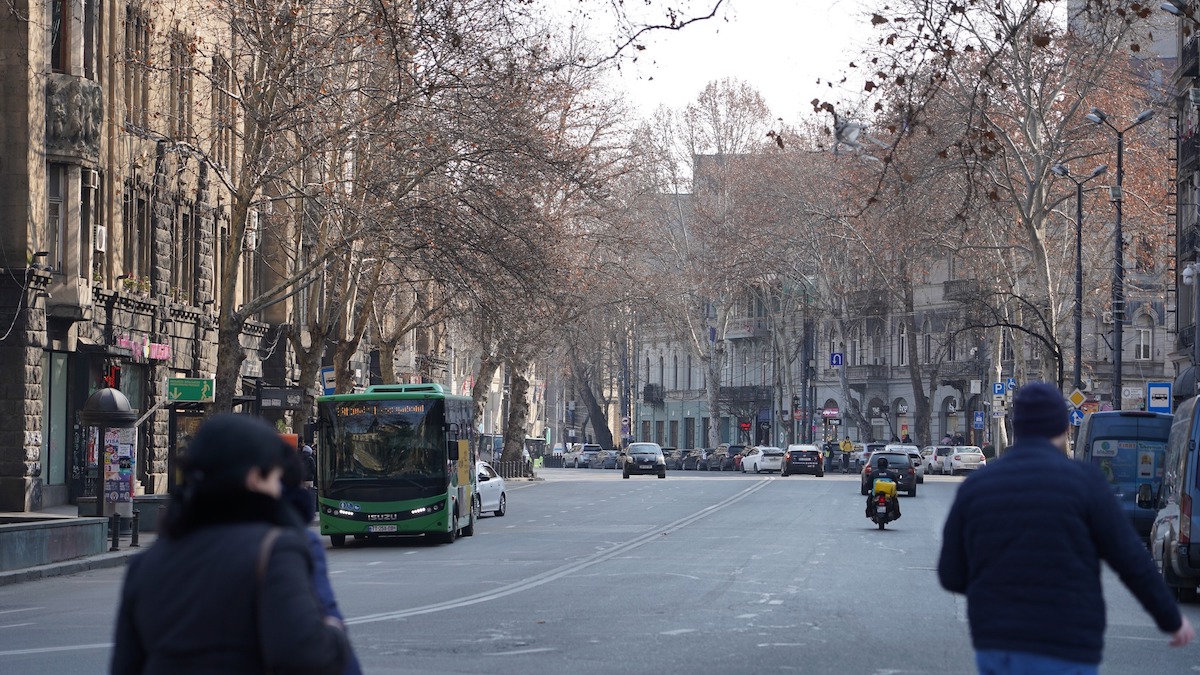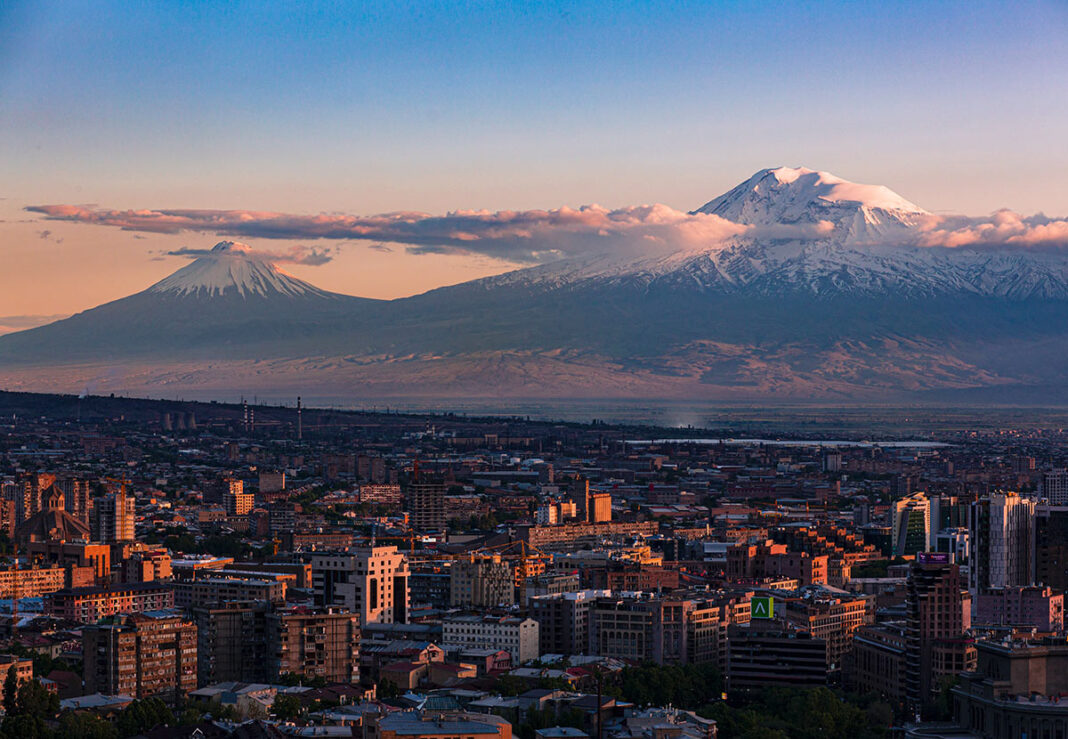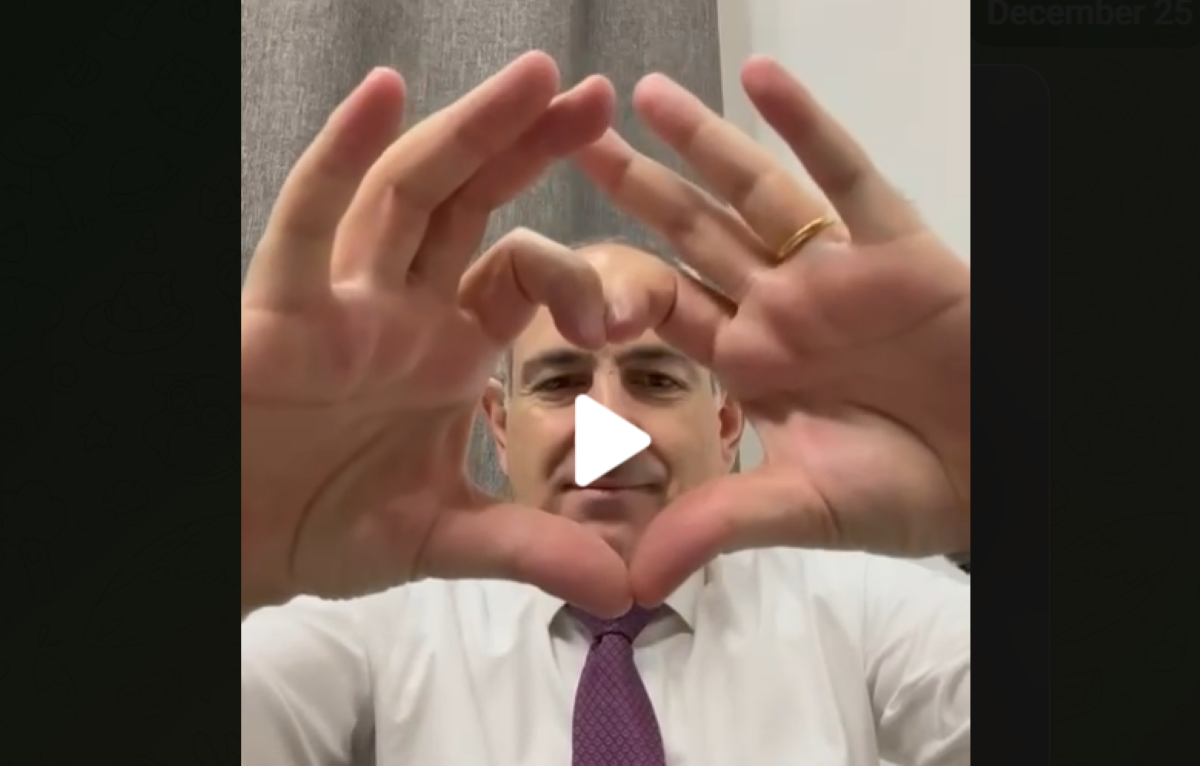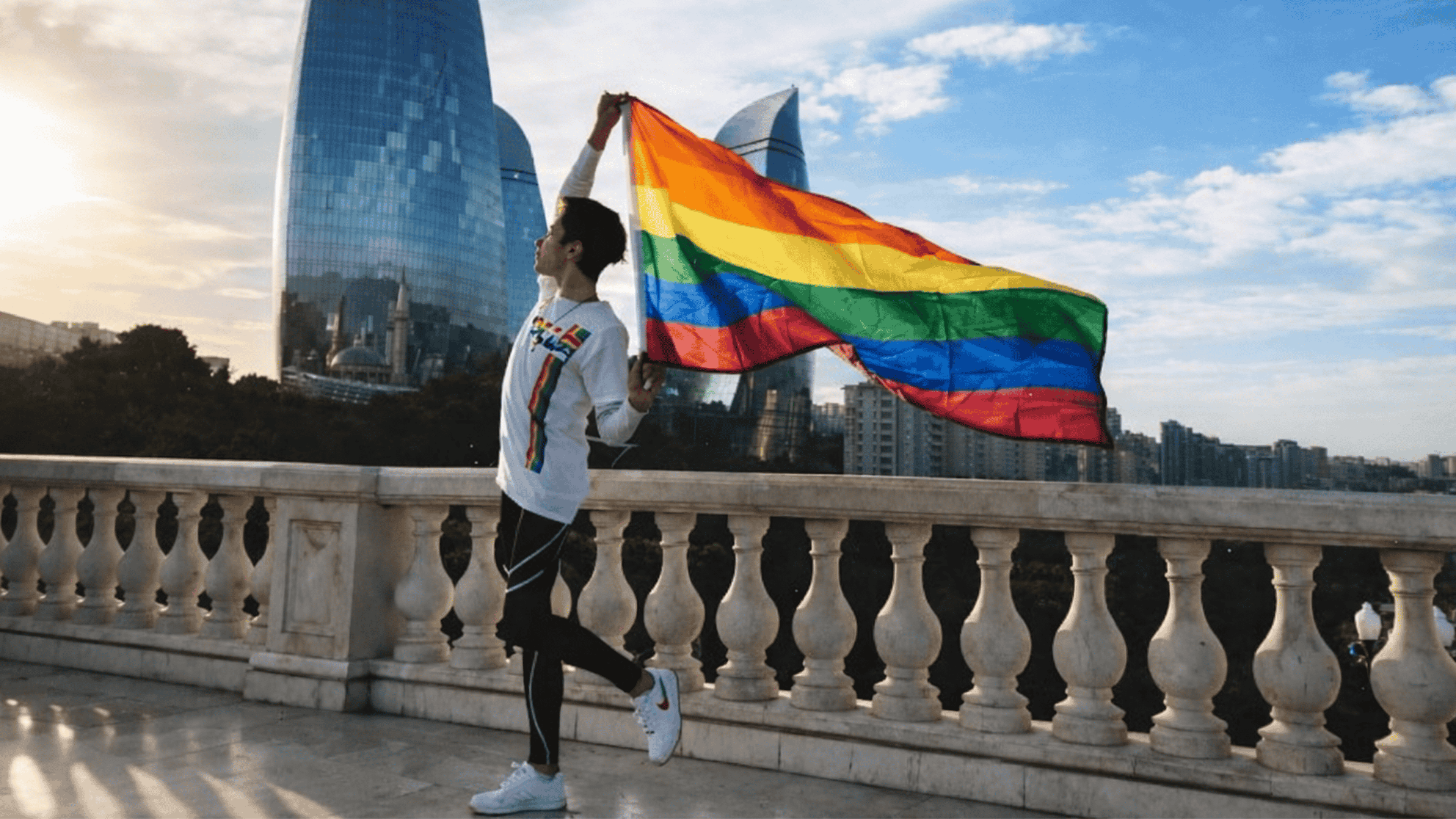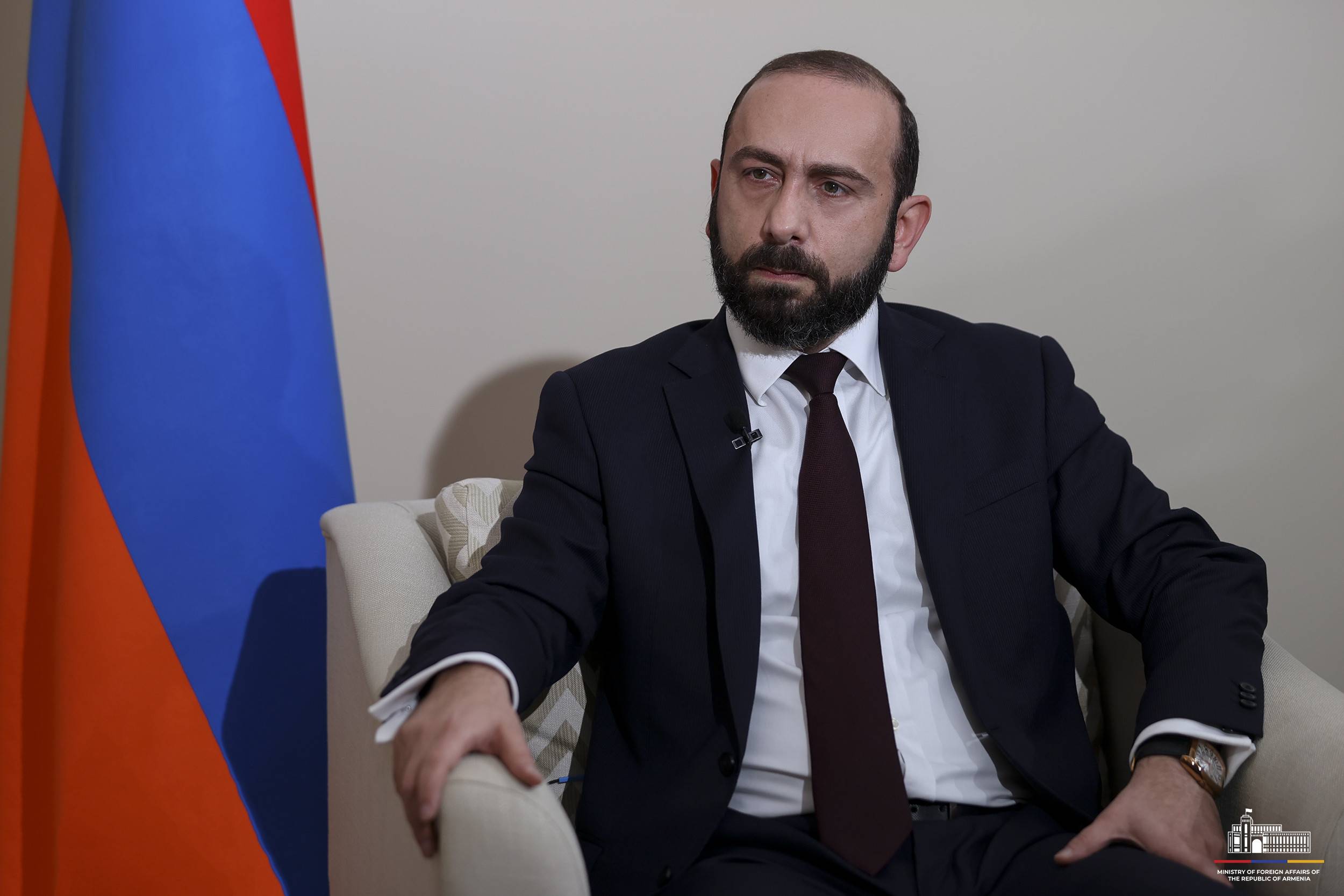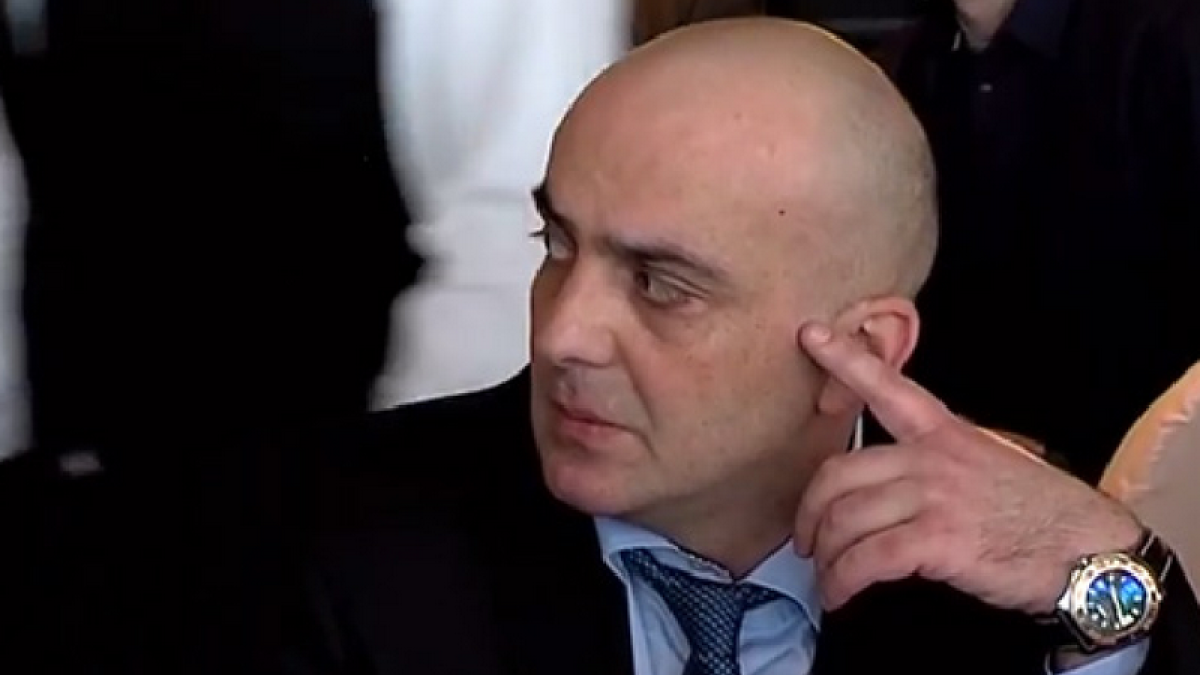Georgian Ombudsman's report: July 5 pogrom, Ninotsminda orphanage, cartographers' case in focus
Georgian Ombudsman’s report
In 2021, the human rights situation in Georgia did not improve, and in some areas, on the contrary, it worsened significantly.
This was stated by the Public Defender of Georgia Nino Lomjaria, who on April 4 presented a report on the human rights situation in Georgia in 2021.
Problematic Legislative Changes
According to the public defender, 2021 was marked by a government decision that violated the independence of state institutions involved in the protection of human rights in the country:
- The State Inspector Service was abolished. According to the Ombudsman, the aim was to interfere with the activities of an independent body and try to influence it;
- Other legislative changes have also been adopted that drastically worsen the degree of independence of judges in Georgia, the state of the justice system and the right to a fair trial.
- UN expresses concern over the abolition of the State Inspector Service in Georgia
- “Not a reform, but punishment for independence”: why Georgia abolished Inspector’s Service
- There was also interference with the activities of the Ombudsman and verbal attacks or threats against her;
- In December 2021, Parliament hastily passed a legislative amendment that threatened the individual independence of judges.
The “Cartographers’ case”
According to the Ombudsman, the creation of a politically neutral prosecutor’s office in the country remains a difficult task.
“The investigation of a number of cases conducted by the prosecutor’s office revealed significant shortcomings that do not meet the criteria for an effective investigation.
Such is the so-called “Cartographer’s Case”, in which the beginning of the investigation and its conduct have obvious political overtones, and there are also serious legal shortcomings in the case”, the report says.
This refers to the arrest of two experts in 2020 – Iveri Melashvili and Natalya Ilyicheva, who participated in the process of delimitation-demarcation of the disputed section of the Georgian-Azerbaijani border. The authorities accused them of attempting to illegally transfer the territory of Georgia to Azerbaijan.
Freedom of expression
According to the Public Defender, in recent years there has been a trend towards further restricting the space for freedom of speech.
The report says that the threatening and hostile environment in which journalists, civil society activists and human rights defenders operate is alarming;
According to the Ombudsman, in 2021, cases of physical violence against representatives of the media critical of the authorities, including during the pre-election period, have become more frequent.
Political officials are usually openly cynical about journalists, especially representatives of opposition media, do not allow them into government institutions and discredit them.
5th of July violence
The report states that law enforcement officers used disproportionate force to disperse the gatherings. Also, cases of administrative arrests of participants in assemblies in many respects did not meet the necessary requirements;
- Media hunted: Over twenty reporters injured during anti-Pride rally in Tbilisi
- Opponents of Tbilisi Pride attack opposition, journalists
The report refers to the pogrom on July 5, 2021. According to the Ombudsman, this is “one of the saddest days in the recent history of the country, when the state responsible for protecting human rights and security did not fulfill its function”.
The events of July 5 show that the authorities not only failed to stop violence against journalists, the LGBT+ community, activists and citizens in general, which posed a real threat to their health and life, but also made discriminatory statements, which came from high-ranking officials.
On July 5, homophobic groups staged violence against journalists and representatives of civil society on the streets of the Georgian capital. They tried to interfere with the LGBT Pride and literally hunted journalists. 53 reporters and cameramen were injured and ended up in hospitals, a total of 55 people.
A few days after the beating, Lekso Lashkarava, a TV cameraman of the Pirveli channel, died. The official cause of death was a drug overdose.
Covert surveillance
The Public Defender’s report also addresses cases of covert surveillance.
“On September 13, there was a leak of surveillance materials on representatives of the civil sector, journalists, politicians, clergy and diplomats.
The leaked files contain an unprecedented amount of sensitive data, allegedly obtained through illegal interceptions and surveillance.
In addition, the materials allegedly contain facts of sexual abuse of minors, misreporting of crimes, and abuse of power by law enforcement officers”, the report says.
Penitentiary facilities
The Public Defender’s report emphasizes that the situation in penitentiary institutions is a serious problem, prisoners are being “silenced” in various ways there.
“The main problem in this respect is the informal management in penitentiary institutions, which aims to silence prisoners, prevent them from talking about problems and maintain an illusory order in institutions.
“Prisoners who have been victims of violence often do not tell the administration and medical staff of the institution about the true causes of injuries in order to avoid the expected revenge”, the document says.
Orphanages and psychiatric institutions
The Public Defender’s report addresses the process of deinstitutionalization of large institutions. This is problematic both in the case of psychiatric institutions and large institutions for children and people with disabilities.
- What’s happening behind closed doors of religious boarding schools in Georgia?
- Georgian Patriarchate’s orphanage investigated for rape, child abuse
The document says that long-term hospitalization of patients in psychiatric institutions remains a challenge. Patients who do not need active treatment, cannot leave the facility because of the lack of specialized services and because they have nowhere to go.
Last year, systematic violations of children’s rights, insults, inhuman and degrading treatment of minors over the years, as well as signs of alleged sexual crimes against children were revealed at the Ninotsminda boarding school.
The Public Defender has pointed out for many years that the monitoring of the boarding school in Ninotsminda is significantly difficult.
“However, unfortunately, the state has not taken effective steps to protect the rights of children placed in boarding schools”, the report says.
Femicide
The Ombudsman’s report highlights the problems associated with gender-based violence (femicides) over the years.
“Trends of decreasing cases of femicide and attempted femicide are still not observed. Unfortunately, compared to previous years, the number of cases that lead women to suicide and suicide attempts has increased. In 2021, 22 cases of the murder of a woman and 31 cases of attempted murder of a woman were identified”, the message says.
Occupied territories
The report also refers to the situation in the occupied territories of Georgia. The document notes that, unfortunately, the practice of illegal detention and ill-treatment of citizens continues. The process of illegal “borderization” also continues.
“From September 4, 2019, in the direction of the occupied Akhalgori, the de facto government completely closed the so-called checkpoint. As a result, the situation in the area remains tense and a humanitarian crisis has emerged there. The issue of access to education in the native language in the occupied regions remains a serious problem, which is why the number of students in both regions is declining every year”, the report says.
Covid-19 pandemic management
In the report, the Ombudsman negatively assesses the statements of high-ranking Georgian officials, who clearly damaged both the vaccination process and the pandemic management process.
Nino Lomjaria writes that because of this attitude, the vaccination rate in Georgia is very low.
“Approaches to managing the Covid-19 pandemic were problematic, which posed a real threat to the protection of human rights to life and health by the state”, the report says.
The People’s Defender’s Office reports that it has sent 67 recommendations/proposals to state bodies to eliminate the violations identified in the report. During 2021, 20 special reports, 17 constitutional claims, 13 court opinions and four appeals to the Committee of Ministers of the Council of Europe were prepared.
Also during the reporting period, the Public Defender applied to the European Court of Human Rights with a request to be involved as a third party in three cases.










